At a working session with the Government Party Committee and central ministries and branches to evaluate the implementation results of the Central Committee's resolutions on public health care, General Secretary To Lam clearly stated two major orientations on health : "striving for each citizen to have a health check-up at least once a year" and "moving towards free hospital fees for all people". This policy is receiving the attention of millions of people.
Implement free hospitalisation for all people according to the roadmap, prioritising each target group
At the regular Government press conference in April, Deputy Minister of Health Tran Van Thuan estimated that the cost of universal health check-ups is about VND250,000/time. If periodic health check-ups are implemented for 84 million people who are not yet eligible for this policy, the cost will be about VND21,000-25,200 billion/year.
However, according to Professor Tran Van Thuan, currently, periodic health check-ups are not yet covered by health insurance. The number of people who receive periodic health check-ups is mainly common among the group of 17 million workers whose agencies and businesses organize health check-ups according to legal regulations.
The majority of the remaining population, especially the self-employed, retirees, and people living in rural areas, have to pay for themselves. These people also do not have the habit of proactively going for regular health check-ups, and only go when they have symptoms of illness.
Therefore, to implement free periodic health check-ups once a year, it is necessary to have investment from the State and comprehensive revision of the Law on Health Insurance, including periodic health check-ups in the list of basic benefits. Examination packages need to be designed to suit each age group, risk group, geographical area, etc.
According to the Deputy Minister, when the goal of regular health check-ups is achieved, people have the right to expect the possibility of free hospital fees.
To achieve universal free medical care, the budget is estimated to need an additional VND100,000 billion/year, including support for health insurance cards for all people, and compensation for direct out-of-pocket expenses for medical services outside the scope of current health insurance.
Sharing his views on the policy of implementing free medical examination and treatment for all people, Labor Hero, People's Physician, National Assembly Delegate of Hanoi Nguyen Anh Tri said that the State needs to support medical examination and treatment costs for people through health insurance; research to increase the value of health insurance cards for disadvantaged groups, the poor, the near-poor, people with meritorious services to the revolution, war invalids, families of martyrs, and children under 6 years old...
According to Professor Tri, this policy can be implemented as early as 2026 with priority groups. The first group that needs to focus on support is patients with serious, difficult-to-treat diseases, diseases requiring long-term treatment, etc., in inpatient and outpatient hospitals. Next, it includes poor households, people in difficult circumstances, disadvantaged people in life; families with revolutionary contributions, war invalids, families of martyrs, etc.
"With these priority groups, research can be carried out as early as 2026 or 2027, without having to wait until 2030," said Professor Nguyen Anh Tri.
After that, the roadmap for universal free hospital treatment will be expanded to all remaining groups such as students, staff, workers, people who are healthy and working normally, etc. These groups need to start implementing from 2028 to 2030.
Need to improve primary health care
According to the direction of General Secretary To Lam, the policy of free hospital treatment for all people aims to be completed by 2035, starting from basic medical facilities and gradually expanding to specialized medical facilities.
Professor Tri recommends that to meet this task, the health sector needs to organize a good medical examination and treatment system nationwide, especially at the grassroots level. Medical facilities must not lack medicine, medical supplies, equipment and biological products to serve the work of medical examination and treatment.
"An important solution to create practical policies is to continue to build and perfect the legal system. Strengthen supervision of policy implementation; promptly amend and supplement inappropriate regulations," said Professor Nguyen Anh Tri.
Deputy Minister of Health Tran Van Thuan also said that the State needs to have a systematic investment strategy to improve the capacity of grassroots health care in terms of human resources, equipment, facilities, etc. Therefore, to carry out these tasks, a National Target Program on strengthening grassroots health care may be needed.
Sharing experiences from some countries in the world, Mr. Pham Van Hoc, Chairman of the Board of Members, General Director of Hung Vuong Healthcare System, said that Japan is a country with good social security policies, with health insurance covering most of the medical examination and treatment costs. Thailand has a “King’s Hospital” system (100% subsidized), but the level of medical care is limited. People with higher incomes will choose to be treated at private hospitals.
Therefore, Mr. Pham Van Hoc believes that Vietnam needs to learn from these experiences to effectively implement a roadmap in Vietnam. However, he also warns that it is necessary to take into account the risk of abuse when providing free medical examinations, which will create a burden on the State budget. In addition, the public health system is currently in the process of socialization and autonomy to invest in upgrading facilities, so when implementing free medical examinations, there may be a situation where medical facilities rely on the budget.
Source: https://nhandan.vn/can-co-lo-trinh-ro-rang-de-tien-toi-mien-vien-phi-toan-dan-post881065.html


![[Photo] Prime Minister Pham Minh Chinh attends the groundbreaking ceremony of Trump International Hung Yen Project](https://vphoto.vietnam.vn/thumb/1200x675/vietnam/resource/IMAGE/2025/5/21/ca84b87a74da4cddb2992a86966284cf)
![[Photo] Prime Minister Pham Minh Chinh chairs the Government's special meeting on law-making in May](https://vphoto.vietnam.vn/thumb/1200x675/vietnam/resource/IMAGE/2025/5/22/1c880aae96fd4e0894abc47a46fe19ba)



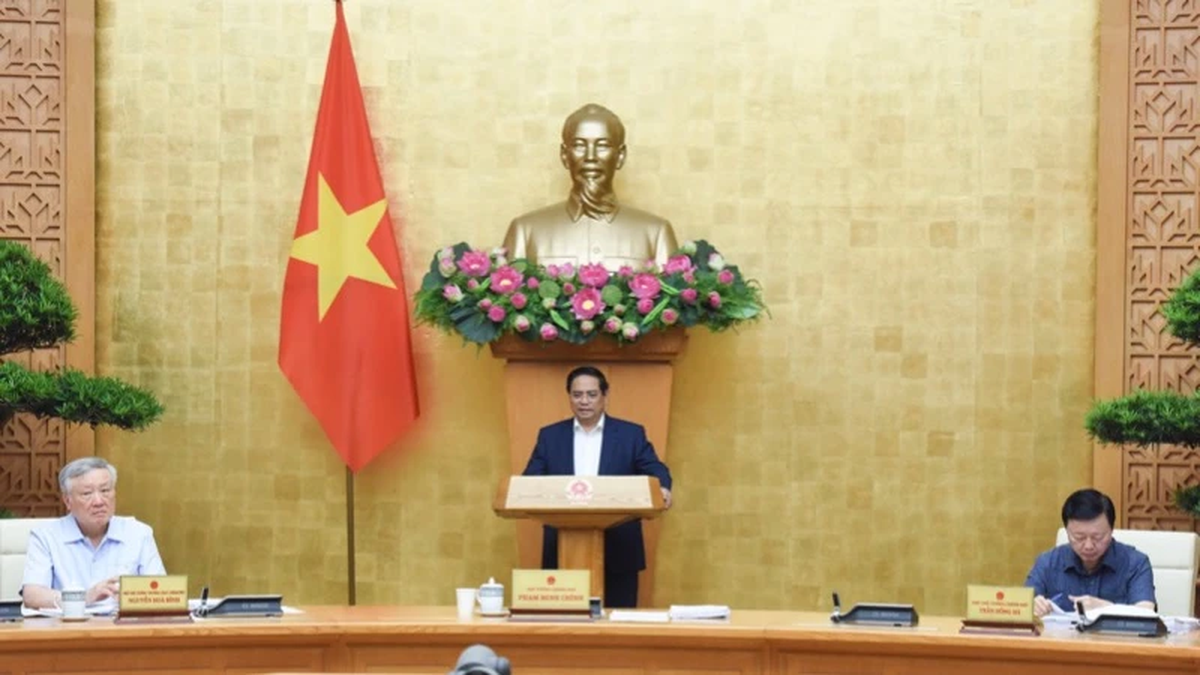


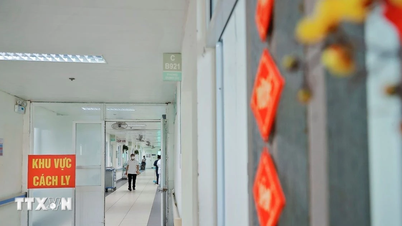



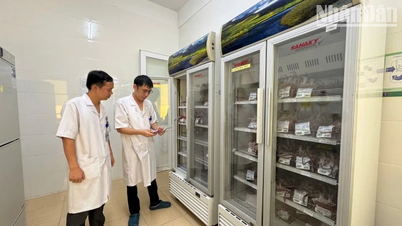
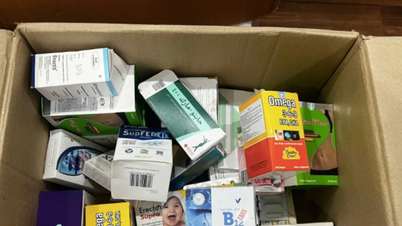
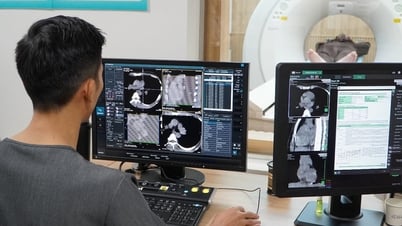





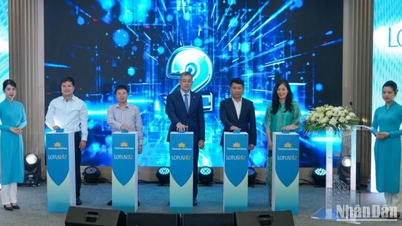
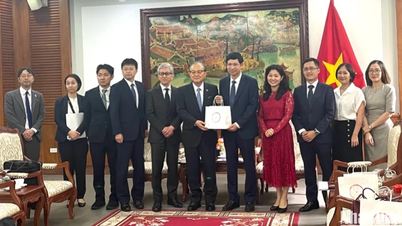

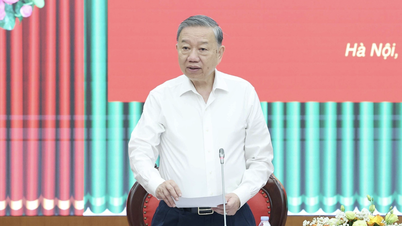


































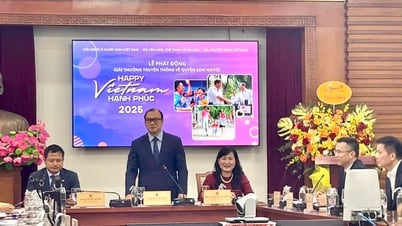

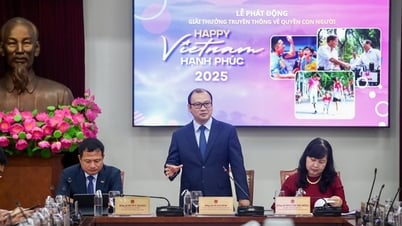
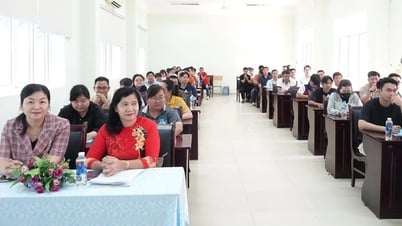





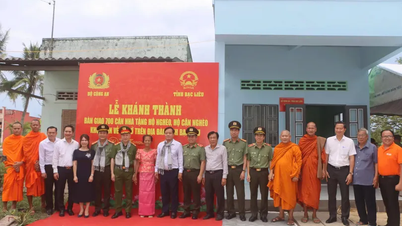


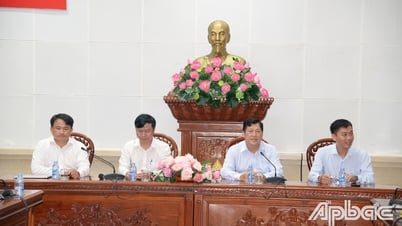



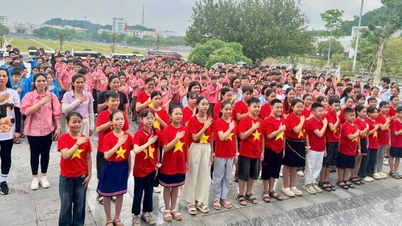






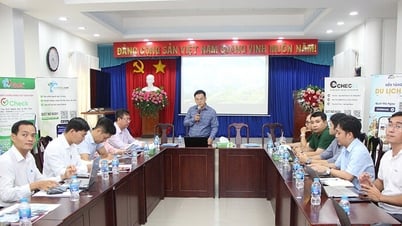





Comment (0)